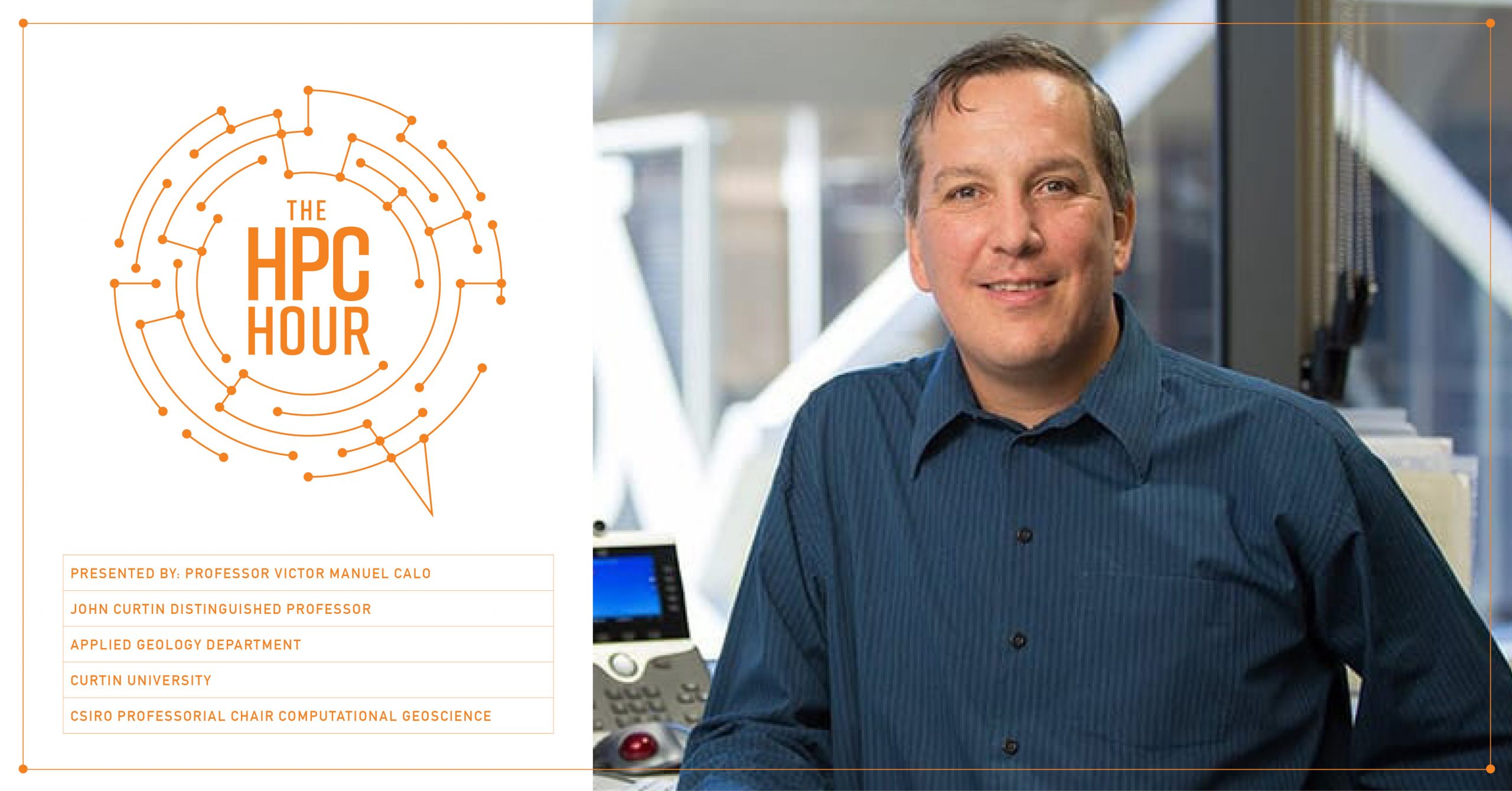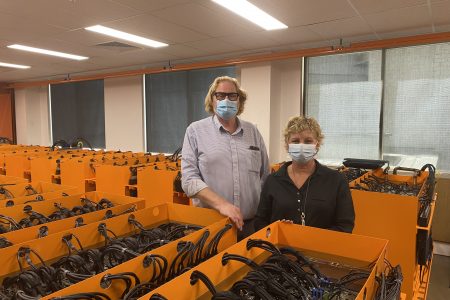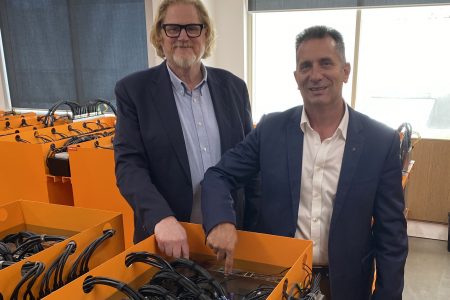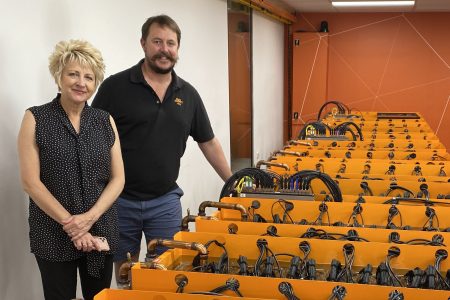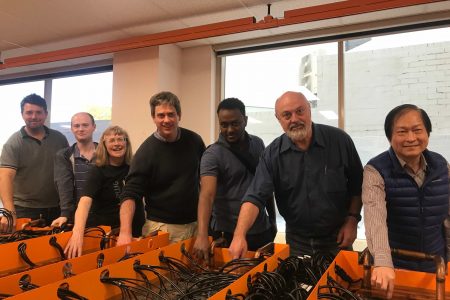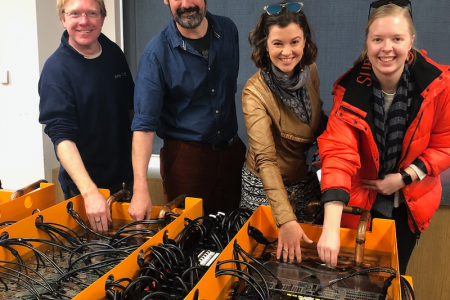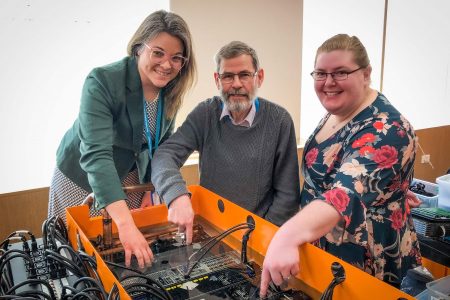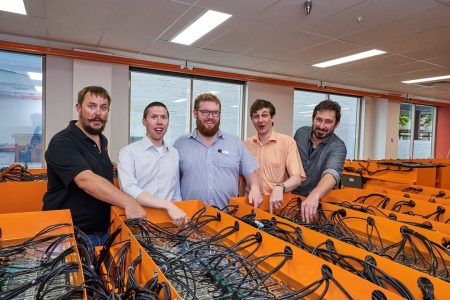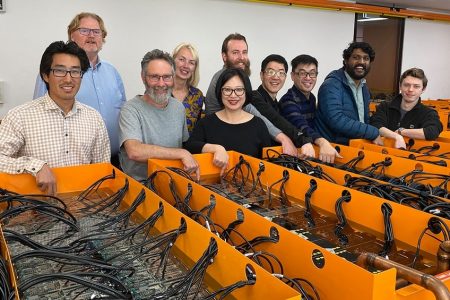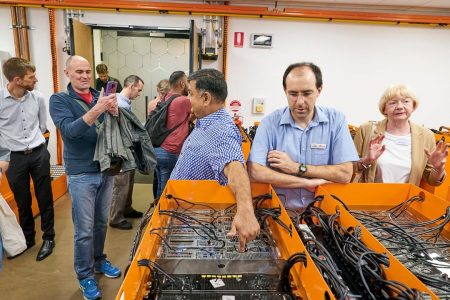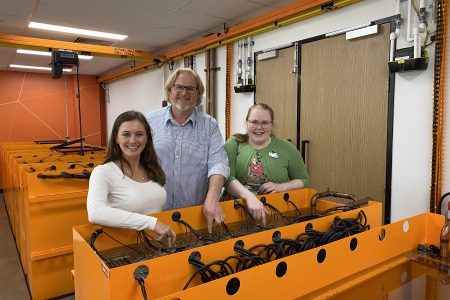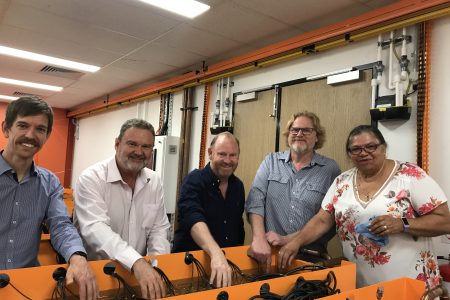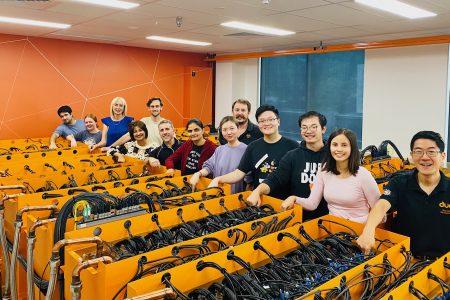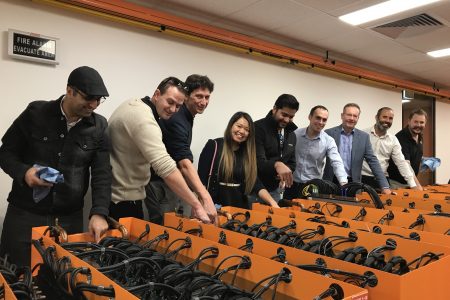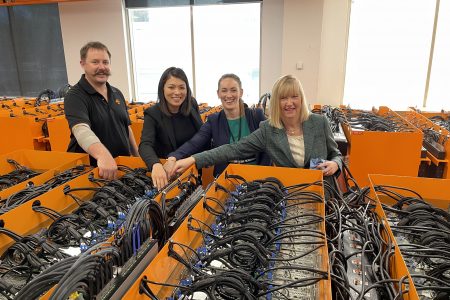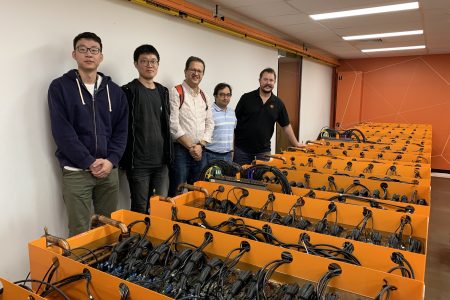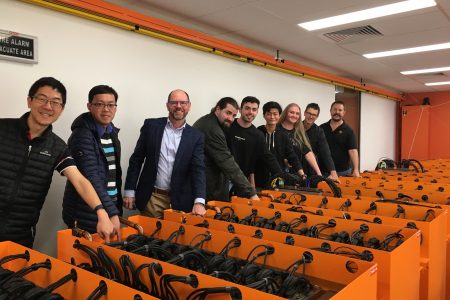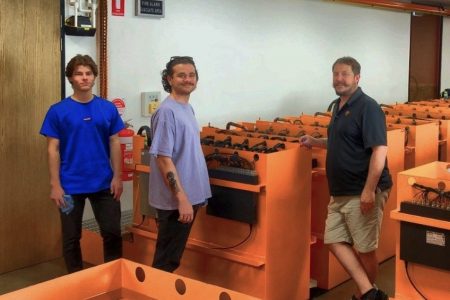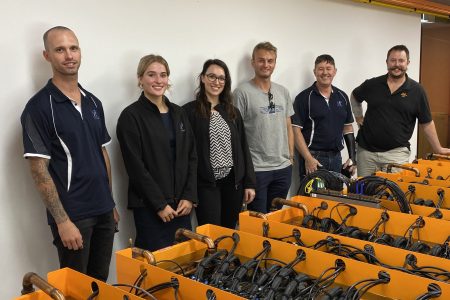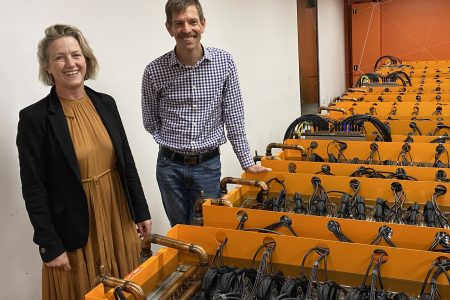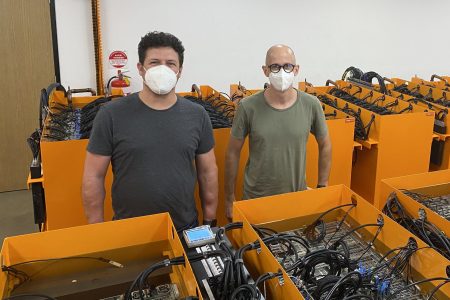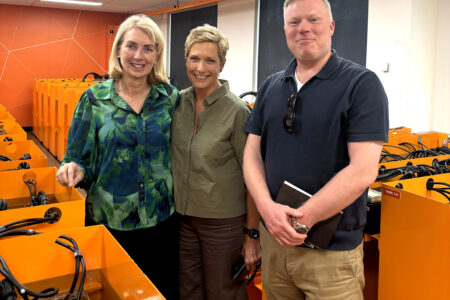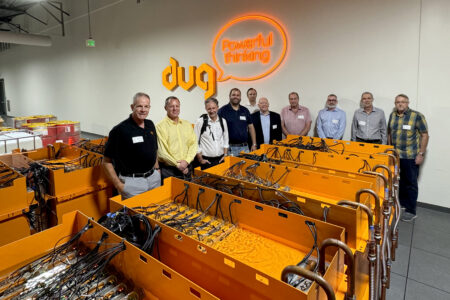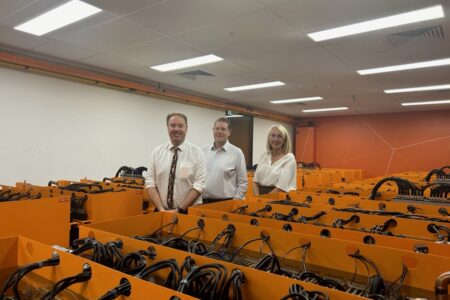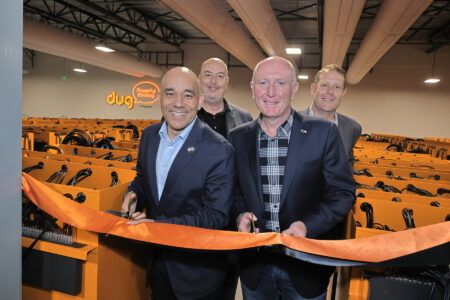Perth friends and colleagues are invited to network and learn with us as we share ideas and celebrate HPC and science. Join us for a special presentation from Curtin University’s Professor Victor Manuel Calo titled: Multiscale, Multiphysics, and Multiresolution Computing in Science & Engineering. It will be held at DUG’s Perth office, Thursday 22 October at 3pm.
We are thrilled to welcome Professor Victor Manuel Calo to present at DUG’s second HPC Hour. Dr Calo is a John Curtin Distinguished Professor at Curtin University. Dr Calo holds the CSIRO Professorial Chair in Computational Geoscience and is a highly cited researcher who is actively involved in disseminating knowledge: he has authored over 200 peer-reviewed publications. Dr Calo’s research interests include modeling and simulation of geomechanics, fluid dynamics, flow in porous media, phase separation, fluid-structure interaction, solid mechanics, and high-performance computing.
The following abstract from Dr Calo’s presentation will give you a taste of what to expect:
Computational methods are fundamental in the development and design processes in modern-day engineering. Multiscale and multiphysics processes are challenging for state-of-the-art computational methods. For example, the simulation of extremely complex flows requires a significant amount of computational resources as well as sophisticated models and numerical methods to deliver reliable results. Over the last decades, considerable efforts attempted to develop computational techniques that overcome difficulties encountered by classical discrete approximations (e.g., finite differences, finite volumes, and finite elements) when dealing with such coupled) flow problems.
After a brief review of the main contributions to these areas by my group and collaborators, we will describe an adaptive stabilized finite element method based on residual minimization. We propose a new class of stabilized finite element (FE) methods. The discretization is a non-conforming Discontinuous Petrov-Galerkin (DPG) method where the test space is discontinuous, and the trial space is a subspace of this test space. This restriction to a subspace grants several desirable properties to the discrete solution. For example, we can use a continuous trial space that delivers a discretely stable solution and a robust error estimator for on-the-fly adaptivity. We will use several model problems in 2D and 3D to validate our theoretical results.
To conclude, we will also describe a few of the time integration techniques we developed for parabolic and hyperbolic systems which allow us to control the high-frequency dissipation in the system using both explicit and implicit time marching schemes.
If you’d like to join us for this informative presentation, which will be followed by networking and refreshments, drop us an email at [email protected].


